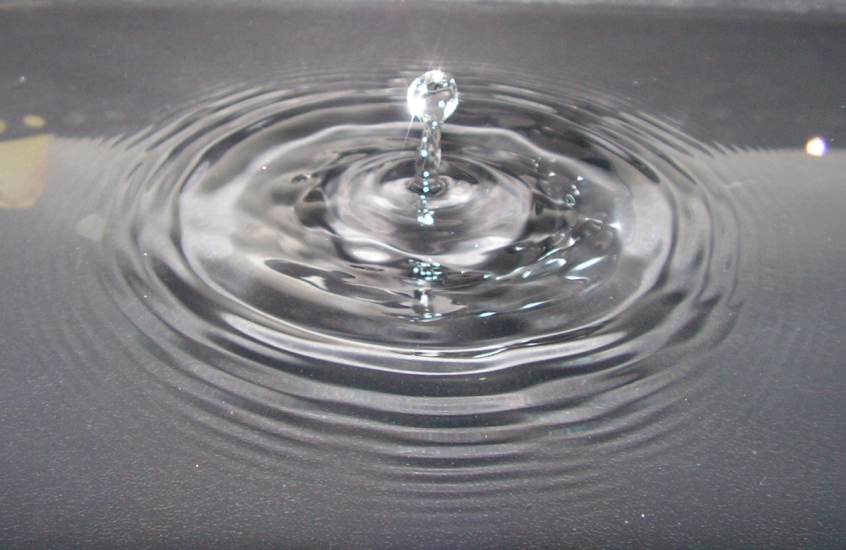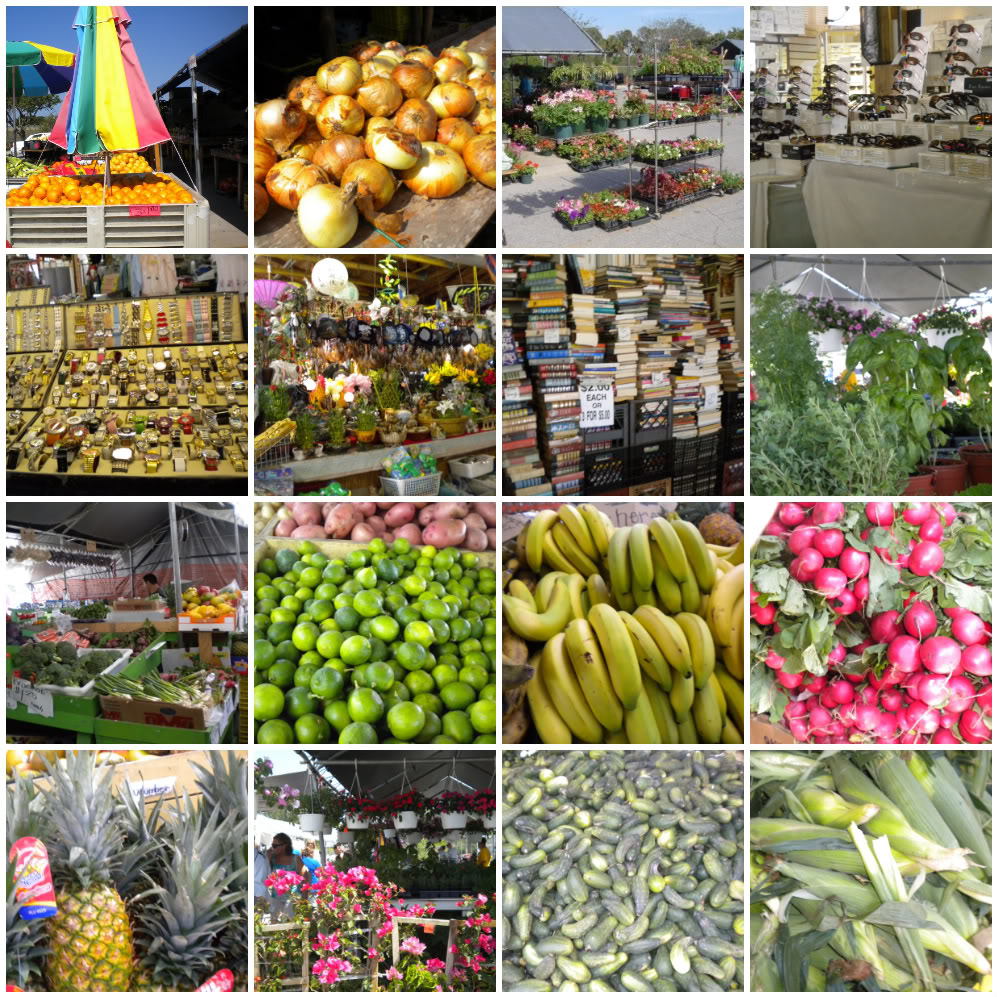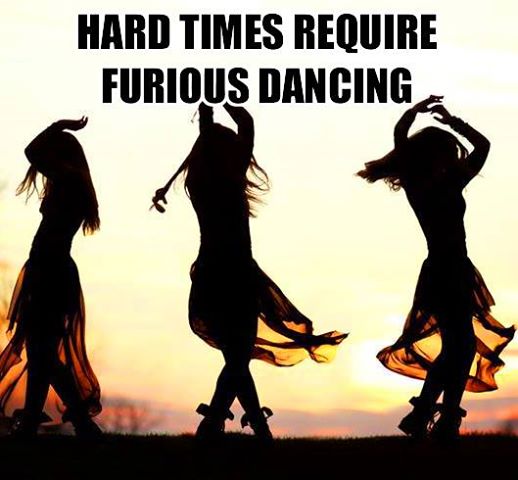“Listen to the mustn'ts, child. Listen to the don'ts. Listen to the shouldn'ts, the impossibles, the won'ts. Listen to the never haves, then listen close to me... Anything can happen, child. Anything can be.”
― Shel Silverstein
I recently had a short discussion with someone I care about a lot. We were talking about what I do for kids now that I'm retired. The other person at one time was a first responder who worked city streets in the Northeast. I guess we started out maybe talking about the disturbed kids I used to teach and that they lived in the urban inner-city ghettos. As conversations tend to do, this one wandered a crooked path and became about what I do now and about how I don't hate the mothers, about how I agree that the primary goal should always be reunification between parent/s and child. The other person said, "I guess I'm too cynical." I said, "A long time ago, I decided I'd rather be sad than cynical. Being sad only hurts me. Becoming cynical affects others." He said, "You should write about that on your blog." And, here we are.
Way back when I was a newly minted Special Ed teacher, I remember listening to veteran teachers talk in that proverbial den of negativity, the faculty room. Any time I'd say something positive, some veteran teacher would say, "Oh, you'll get over that soon. Wait a couple of years." I'd notice how miserable these teachers were, how much they hated their jobs, the mean things they'd say about kids and parents. When I'd walk by their classroom, they'd be sitting behind their desk, kids doing seat work. If they weren't behind their desk, they'd be yammering away at a bunch of glassy-eyed, bored looking kids. Even worse, I'd hear them yelling loudly at elementary kids. They'd say stuff to me like, "Those SPED kids of yours ought to be the national poster kids for the pro-choice movement." I decided I'd stay away from the faculty room and began eating lunch in my classroom.
Back then, the kids I taught were difficult, to say the least. But my job was to be there every day to teach them and love them. I did love them. The kids were from the mean streets of Camden NJ and Buffalo NY. They wouldn't be classified as emotionally disturbed or behaviorally disordered today. They were kids who were or would soon be juvenile delinquents. They were poor, most often African American and came from terrible homes. Schools are predicated on middle class values and taught pretty much by middle class people. These kids didn't have a clue about any of that. They'd always be in trouble at school, fighting, stealing, talking out whatever. Their behavior prevented them from learning. They were frustrated, the teachers were frustrated and they prevented other kids from learning. The answer then was to classify them ED/BD, put them in a self-contained classroom located far away from every other classroom way down the end by the gym or band room, cap their count at nine, give them at teacher and two teacher aides and try to forget they exist. They went to all specials and even lunch alone. Think hard...does this sound like school or an episode from MSNBC's "Lockup Raw?" And, do you think any of these kids ever got unclassified as disturbed? They didn't have parents to advocate for them. They didn't have a parent who could spell a-d-v-o-c-a-t-e. We bagged them and tagged them in elementary school and the path to their future was pretty well established. It was so unfair especially because then the classification stated that a child "must have an average to above average IQ, not be learning disabled and have no other handicapping condition."
So, how could I help these kids? I wasn't Pollyanna. I knew the realities of life and of these kids. I decided early, I consciously chose not to become cynical. I guarded that choice every day of my career even as a administrator. I guarded that choice in my everyday life about everyday problems and everyday people. I knew that being cynical made one hard and prevented one from seeing and embracing all of the possibilities, from truly caring about those less fortunate, those less able, those who stumble and fall either through circumstance or through their own poor choices. Being cynical hurts others.
I decided that I'd choose sad over cynical. I'd carry around my sadness inside, but I wouldn't let it make me hard, let it make me be unkind to people who crossed my path and weren't very deserving of kindness most of the time. I figured that choosing sadness over cynicism only hurt me, not anyone else. Choosing sadness would enable me to do what I did with clear eyes and hope that I could make a difference somehow. That I could keep on going. I knew the chances of me "saving" any of the kids I had were slim. But if I were cynical right up front, the chances weren't slim, they were non-existent.
I've never regretted my choice to choose sad over cynical. It's this same attitude I bring to my work as a Guardian ad Litem today. I am sad sometimes, but ever hopeful. I see parents who love their children yet cannot parent for a myriad of reasons. I see children who are resilient and bright and hopeful about their lives. They just want to be loved and cared for. Where is there a place for cynicism in any of that? I'm getting old. I'm not going to change. I don't want to change. I make no apologies for that. We all make our own choices. Just remember, none of us live in a vacuum. Our choices are like pebbles thrown in a pond, sending ripples in all directions.

 Saturday, August 24, 2013 at 4:15PM
Saturday, August 24, 2013 at 4:15PM 



